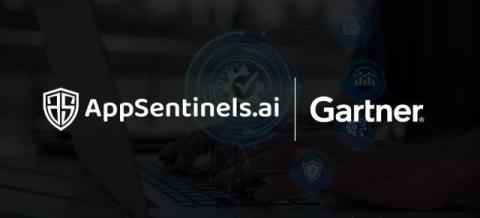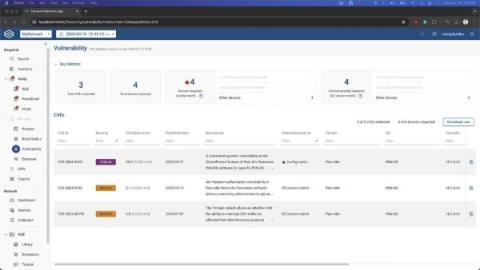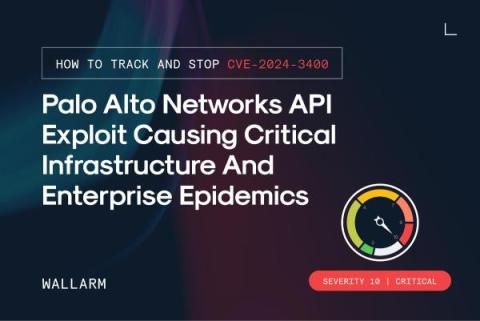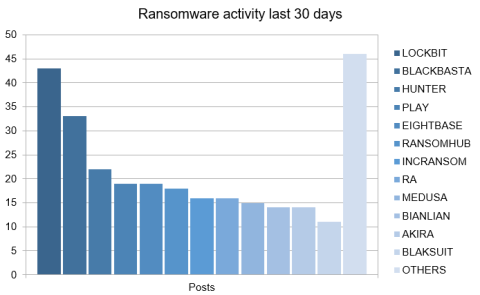An investigation into code injection vulnerabilities caused by generative AI
Generative AI is an exciting technology that is now easily available through cloud APIs provided by companies such as Google and OpenAI. While it’s a powerful tool, the use of generative AI within code opens up additional security considerations that developers must take into account to ensure that their applications remain secure. In this article, we look at the potential security implications of large language models (LLMs), a text-producing form of generative AI.











